Are you interested in liquid glass sealing?
Basically, it should be noted in advance that almost any surface can be sealed with liquid glass. Intensive and constant research over many years has continuously improved the application possibilities for you.
Due to the extremely flexible material, which is up to 500 times thinner than a human hair, liquid glass easily adapts to a wide variety of surface structures.
Depending on the material, there are different things to consider in order to achieve the ideal result of your sealing. We will explain this to you below.
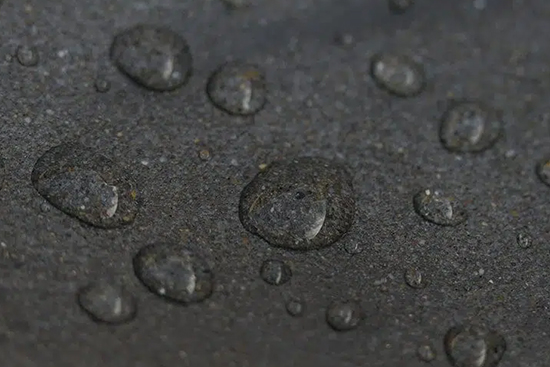
Liquid glass sealant for stone
Stone as a material is diverse, the procurement of the respective surface varies greatly. Roof tiles or slate, for example, are smoother than sandstone or concrete. Nevertheless, stone materials generally have one important property in common that makes sealing with liquid glass possible: they are absorbent.
The applied coating penetrates up to 25mm deep into the stone, after which it completely cross-links on the surface during curing. A very durable and resilient impregnation is created and reliably protects the stone from dirt, weathering and moisture.
Like many other materials of natural origin such as wood etc., stone needs to breathe in order to regulate moisture and remain stable. Liquid glass sealants are breathable and therefore do not lead to a build-up of moisture. Mould formation in concrete walls can be prevented in this way, and liquid glass sealing can therefore also be used as part of flood protection. Walls and roofs remain as attractive as at the time of sealing for 10-20 years. Dirt no longer adheres, rain no longer penetrates the stone. Moss formation and weathering are thus a thing of the past.
Coated surfaces are already effectively cleaned by a shower of rain alone, because the popular lotus effect created by the sealing usually only requires water for cleaning.
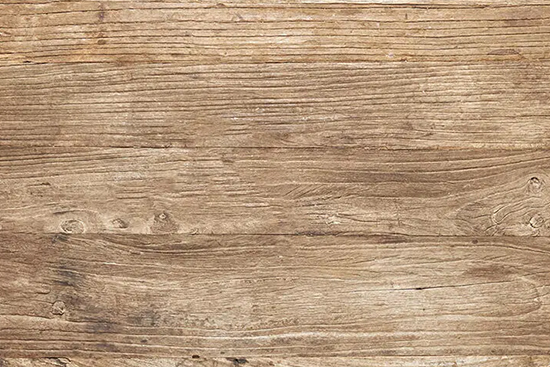
Preserve the natural beauty of wood with liquid glass
As indicated at the beginning, almost any surface can be sealed, including wood. It is a natural product that has its own beauty. Every tree grows differently, has different properties that become visible in the wood. However, if it is permanently exposed to moisture, cold, heat and dirt without protection, its enjoyment and durability will decline. Wood “works” and reacts to external influences. It gets rotten, cracks, warps. Plywood quickly becomes unusable after contact with water and cannot be further processed as it will wash up.
Wood can simply be sprayed with liquid glass sealant. After appropriate hardening of the impregnation, protection of the wood is guaranteed for 5-10 years. External influences are repelled by the coating, which preserves the natural beauty. A prerequisite for the application is that the wood has not yet been varnished or mineral impregnated, otherwise the sealant cannot adhere.
The sealant is breathable and thus allows the wood to continue to breathe and “work”. Colour changes due to weathering and the absorption of salts are avoided. The coating preserves the original colour of the wood at the time of application.
There are many possible applications for wood: window and door frames, antique wood, playground equipment in the garden, wooden patio tiles, plywood panels, etc.
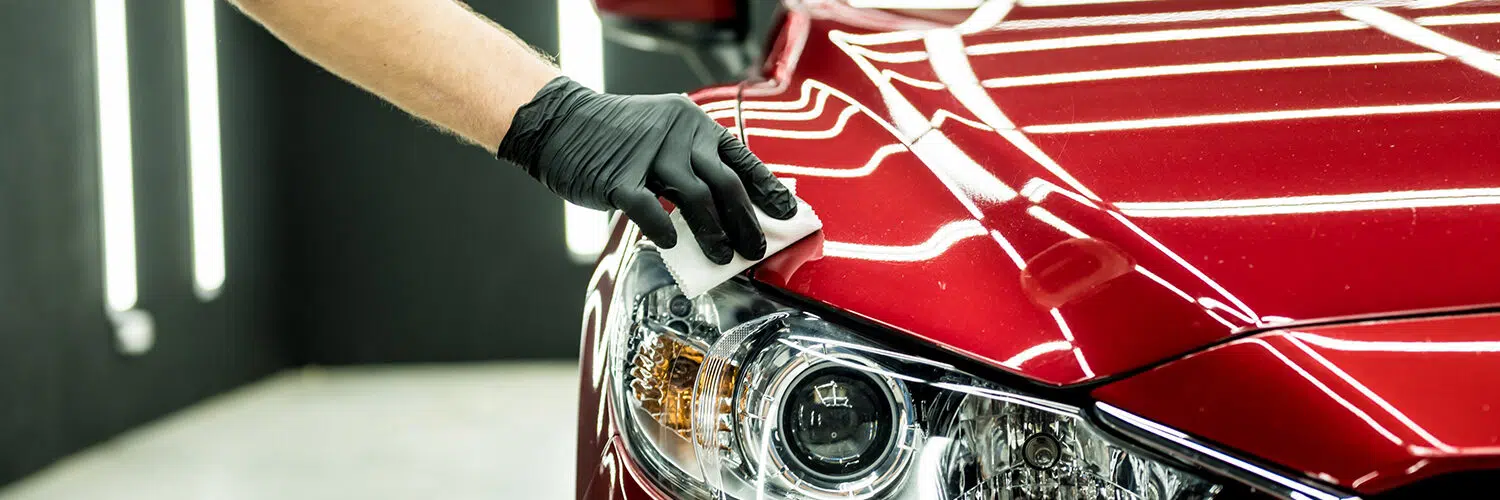
Liquid glass as a wafer-thin protective layer for cars
The protection for the car paint
The car is the Germans’ favourite child. Many people therefore regularly treat their vehicle to extensive care and attach great importance to keeping it looking as good as new for as long as possible. This is time consuming and costly, not to mention expensive to purchase. Liquid glass makes car care much easier and significantly minimizes the time required. First, we would like to explain the possibility of sealing the car paint.
Professional liquid glass products offer the optimum protection for the paintwork of any car. Car washes, environmental influences, dirt, etc. ensure over time that the paint shows the finest scratches and appears duller. Expensive cleaners offer a short-term solution here, but in the long run they cause additional damage to the paint. If the car is no longer shiny and shining, it loses value, which is extremely annoying when it comes to resale – after all, the engine and interior are otherwise still in top condition.
If the vehicle is sealed with liquid glass, it is reliably protected for 1-10 years, depending on the sealing product. The same applies, of course, to aluminium rims and stainless steel surfaces. It is especially worth mentioning that liquid glass sealant also protects a car from corrosion of the treated surfaces in the long term. Here not only the TÜV is happy!
Windscreen and windows stay clean
Like all glass surfaces, those of a car are very suitable for sealing with liquid glass. By simply spraying on and rubbing in, the windows are given an easy-to-clean surface with a lotus effect for approx. 12 months. Water simply rolls off, dirt does not adhere. In bad weather, the view is thus significantly better compared to non-sealed windshields, because dirty windows are no longer – as usual – smeared by rain when wiping, but are cleaned by the rain immediately.
Another positive effect is seen in winter. Ice scraping is made much easier by the liquid glass, as the ice crystals hardly find a foothold on the coating. As well as the well known fly remains on the windshield. No special agents are needed for this, only water. In the blink of an eye, the view is clear and the ride can begin.
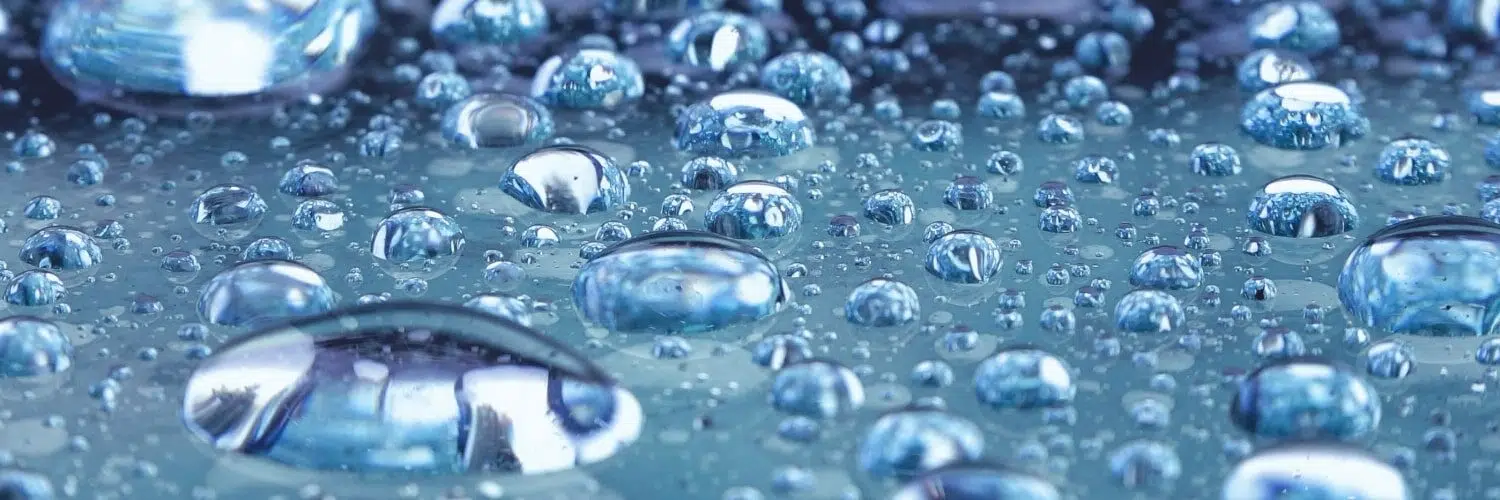
Glass & Ceramic Sealing
The plus for baths and co.
In industry and households there are countless surfaces made of glass and ceramics – mainly bathrooms are equipped with them. Tiles, washbasins and showers are usually exposed to heavy wear and tear. Moisture, heat, lime, mold – hard to imagine that you can protect them from it for years. If, on the other hand, they are sealed with liquid glass, this effect can be achieved if applied correctly.
Pre-clean, spray on, harden, the protective impregnation is ready and protects the surfaces in professional quality from the above mentioned influences, which quickly make them look dull, dirty and old.
The same applies to glass surfaces such as fittings or windows. Rain, dust, children’s hands and limescale cause glass to turn milky and permanently scratch the surface. Cleaning windows can thus become a very unpleasant undertaking. If they are coated with a liquid glass sealant, water runs off and dirt can be removed without streaks and with very little effort. Lime doesn’t stand a chance. The sealing products are applicable inside and outside.
Mobile phone sealing as the optimal solution for sensitive smartphones
An everyday life without a mobile phone? Hard to imagine now. The more sophisticated and refined the technology of smartphones becomes, the more sensitive they become. Today, the surface is usually made entirely of glass, not infrequently even the back. Through daily use, they become greasy, quickly get the smallest scratches, which on the one hand permanently reduce the value of the mobile phone, on the other hand simply do not look nice. Instead of using a conventional protective film, which quickly blisters and impairs the touch-screen feel, liquid glass sealing is also an option for smartphones. This is easily applied with a soaked cloth after sufficient pre-cleaning and cured “overnight”.
The ultra-thin screen protector does not interfere with the touch screen and is imperceptible to the human eye.
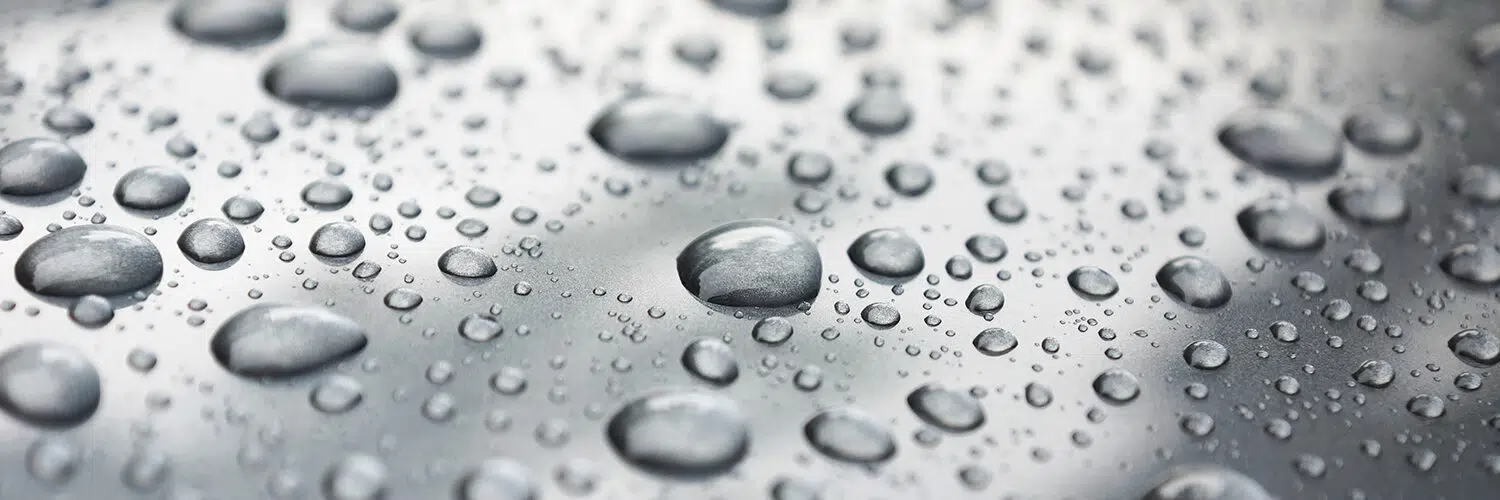
Liquid glass sealing on plastic and metal - an all-rounder
The plastic sealing
We are surrounded by the materials plastic and metal. It is hard to imagine our world without both. It’s a good thing that most surfaces made of these materials can be sealed with liquid glass to maintain like-new appearance and durability much longer.
In the sanitary area, the possibility of sealing plastic is of great advantage. Shower cabins made of Plexiglas are unfortunately quickly very unsightly without a protective film. Due to the permanent contact with water, they quickly calcify and become dull. Chemical cleaners initially remove the limescale, but inevitably attack the surface of the plastic. Sealed shower enclosures can be cleaned very easily – usually only with the help of water and a cloth – limescale, grease, etc. can hardly adhere and can be removed without any problems.
Furthermore, the plastic sealant can be used on many unpainted household surfaces, e.g. window frames, doors or garden furniture. The possibilities here are manifold.
The metal sealing
Similar to stone materials, metals also come in many different varieties. In addition to the countless possibilities for private users, such as in the area of cars or outdoor facilities (gate, fence), the advantages of liquid glass sealing in industry are almost limitless:
Aviation, shipping, car preparation, gastronomy, production – these are just a few of the industries that work with large material surfaces that are subject to wear sooner or later. Liquid glass sealing can stop this on metals such as chrome, stainless steel or aluminium, which has a positive effect on service life and cleanliness.
Due to the resulting lotus effect, water only rolls off, leaving no annoying stains, dirt no longer adheres and is washed away by pure water without additives. The impregnated surfaces can be used for longer.
The cost-benefit effect in the industrial sector is considerable, from which the end consumer will certainly also benefit in the long term.
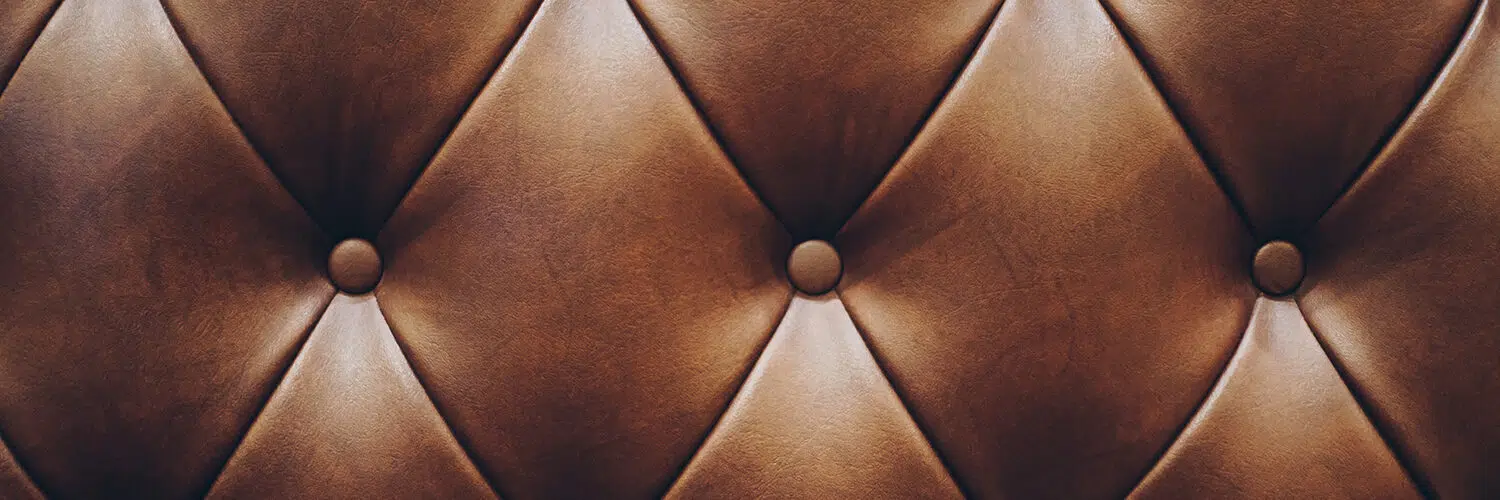
Textiles can also be sealed with liquid glass? Of course!
Certainly, textile sealing is one of the most interesting variants of liquid glass application.
- Fabrics that are extremely rarely or never washed are best for this purpose. These include, but are not limited to:
- Cushion
- Mattresses
- Work clothes
- Suits and ties
- Uniforms
- Curtains
- Tablecloths
- Backpacks
- Untreated nappa and suede leather
- and much more.
Dirt no longer penetrates the fabrics due to the treatment, which is carried out simply by spraying or dipping, and there are no longer any stains that are difficult or impossible to wash out. Due to the extremely low thickness of the coating, the textiles remain flexible. Impregnation with liquid glass is breathable and does not affect the temperature development when wearing coated clothing. The functionality of the fabrics is thus retained without restriction, which also plays a major role in mattresses, for example. Sensitive leather is prevented from becoming stiff and porous by the impregnation, and a greasy appearance is avoided.
Textiles can be protected in this way for up to 5 years, saving the need to go to the dry cleaners and use chemical products. The lotus effect makes liquids that normally cause stains roll off. Thus, wiping with a wet cloth is often sufficient to keep the fabric clean.
Industrially used fabrics such as work clothes, uniforms or hotel and catering equipment can be used much longer by impregnating with liquid glass, which saves costs and environmental pollution.
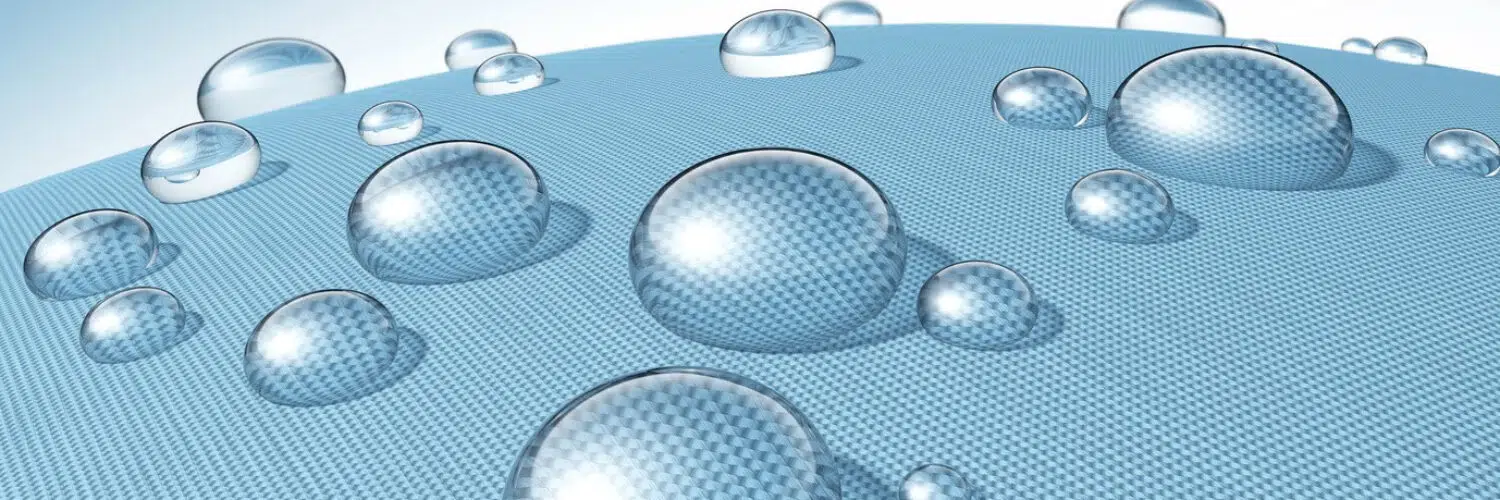
Universal sealant - the quick solution for all-round protection
The range of sealing products is huge, and prospective customers need to read carefully or seek advice to find the right product for their needs. Mainly private users generate a high demand for universal solutions for liquid glass sealants.
The distinction between absorbent/hard or soft surfaces and non-absorbent/hard or soft surfaces is extremely important. The composition of the product is different, which is decisive for the following result.
In order to obtain the best possible sealant for the material to be treated, we recommend that you choose the liquid glass sealants specially designed for this purpose, as they are manufactured specifically for the base material in question (wood, metal, glass…).
Universal sealants naturally also achieve high-quality and effective results, but there are nevertheless minor limitations to be taken into account in comparison with the special sealants – these are primarily, for example, the duration of the shelf life.
Special treatment for liquid glass sealing for roofs and solar systems
Older homes are due for a new roof sooner or later, which is hard on the wallet. It is not uncommon for homeowners nowadays to take the opportunity to have solar panels installed on their roofs, as this allows them to save on energy costs in the long term and also protect the environment. But solar modules are sensitive and exposed to the weather day after day. Cleaning them is no fun, usually requiring hours of climbing on the roof – not a safe endeavor.
Special liquid glass sealants for solar systems provide a remedy here. Simply applied with a cloth, the solar modules remain protected for no less than 10-20 years and thus defy the weather. Rain rolls off and cleans the surfaces by simply “taking” the dirt with it. The functionality of the modules is not affected by the liquid glass in any way.
But the roof on which the new solar system sits should also look new and withstand the weather for as long as possible. The liquid glass can be sprayed on roof tiles, due to the absorbency of the brick it penetrates deeply and cross-links completely on the surface when cured. This creates a protective layer, the rain can no longer penetrate the rock, but simply rolls off and absorbs any dirt such as dust or pollen. Roof tiles remain free of moss, as adhesion to the stone is hardly possible.
Long enjoyment of the roof and solar system is thus guaranteed, and the investment is even more worthwhile with liquid glass sealing.
Liquid glass sealants can be used in a variety of ways, relieving the burden on the environment and the wallet
No matter what sector liquid glass sealants are used in, private or industrial, the benefits of these products are felt by all equally:
Costs are saved because sealed materials last longer, get less dirty and wear out. In addition, expensive cleaners can usually be dispensed with because the practical lotus effect created by sealing makes it easy to remove dirt with water.
The latter also ensures that the environment is less polluted by the use of liquid glass. Due to the omission of chemical cleaning “clubs”, no pollutants get into the groundwater, which can be harmful to nature. Furthermore, the new production of most materials produces CO2 emissions. The significantly longer use through sealing limits this and thus actively contributes to the fight against climate change.
Liquid glass – an all-rounder, top class for private and industry.
The sealed result
Where before the treatment with the sealing product expensive, environmentally harmful cleaners were still needed and often a not inconsiderable expenditure of time was necessary, in order to clean fastidious surfaces, now mostly clear water and if necessary a microfiber cloth are sufficient – a sealed car profits so for example from a rain shower.

